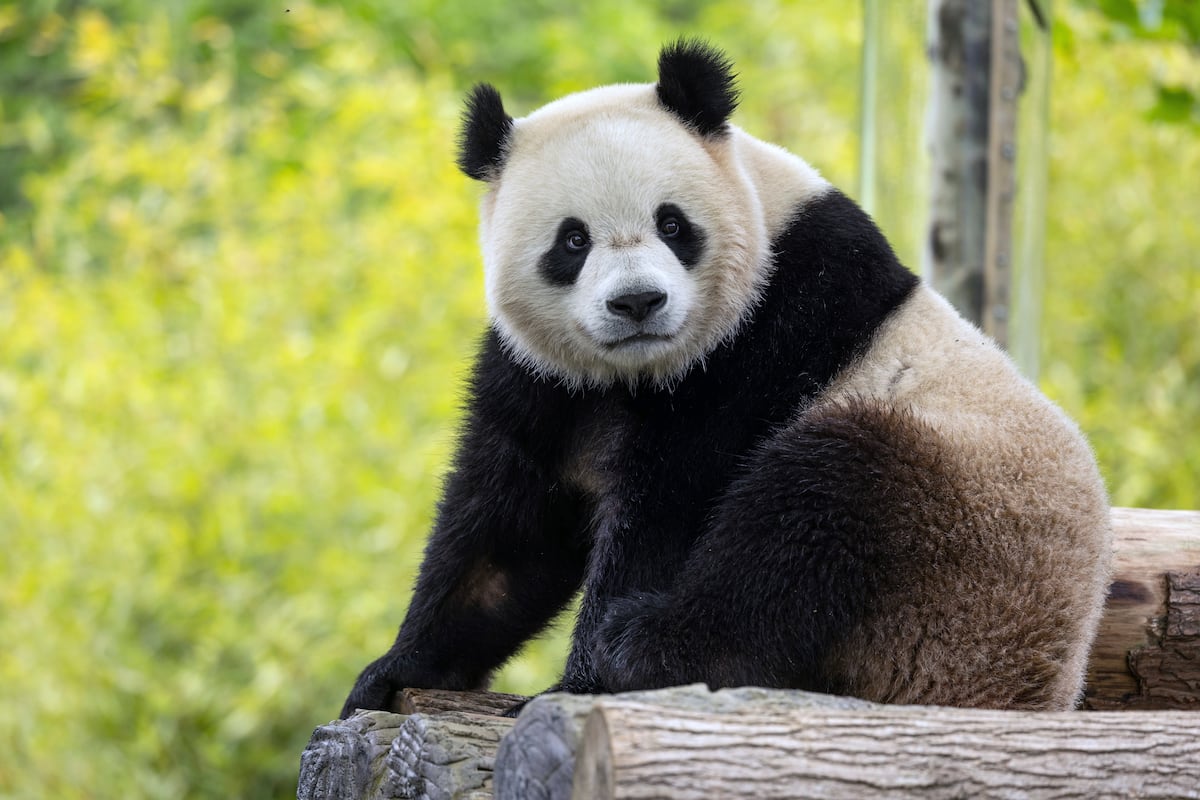New Pandas Arrive in Washington Highlighting Sino-American Diplomacy
Sino-American relations have taken a welcome turn with the recent announcement from the Washington Zoo about the arrival of a new pair of pandas from China. This move symbolizes a rare moment of amiability between the two nations, often marked by tension. The zoo will house these pandas in an enclosure that has been empty since the previous pandas, Mei Xiang, Tian Tian, and their son Xiao Qi Ji, were repatriated to China in November of last year.
The first lady, Jill Biden, shared the exciting news in a heartfelt video, hugging a teddy bear and exclaiming, 'It's official! The pandas are returning to Washington DC!' The two new pandas, Bao Li and Qing Bao, both two years old, currently reside in reserves in the mountains of Chengdu, China, their natural habitat. Notably, Bao Li, the male panda, is the grandson of Mei Xiang and Tian Tian, further cementing the emotional connection between the pandas and Washington.
A Historic Agreement and Hope for Reproduction
Brandie Smith, the Zoo director, emphasized the significance of this development, stating, 'This historic moment is proof positive that our collaboration with our Chinese colleagues has made an irrefutable impact. Through this partnership, we have increased the panda population and made progress in our shared understanding of how to care for these beloved bears.' Once the pandas arrive in Washington via cargo plane, they will spend thirty days in quarantine before adapting to their new environment. An official public presentation date has not yet been announced.
The agreement between the Smithsonian Institution and Chinese authorities is set for a decade, lasting until 2034. The Institution will pay a yearly fee of one million dollars to China for investment in research programs focused on pandas. It is hoped that the new panda pair will procreate during their stay, either naturally or through artificial insemination. Any offspring will stay at the Washington Zoo until they turn four, after which they will be repatriated to China, as stipulated in the agreement.
China's ambassador to Washington, Xie Feng, spoke at a recent news conference, urging Americans to 'take care of China-U.S. relations like they take care of pandas.' His remarks underline the soft power of 'panda diplomacy,' a strategy China has employed for decades, sending pandas worldwide to foster and improve diplomatic relationships. This form of diplomacy began in 1972 with President Richard Nixon's historic visit to China. The first pandas, Mei Xiang and Tian Tian, were loaned to Washington Zoo in 2000, and now their legacy continues with Bao Li and Qing Bao.
- The Smithsonian’s National Zoo will pay $500,000 per year to its Chinese partner, an environmental protection group. The previous loan contract for Mei Xiang and Tian Tian required the zoo to pay ten million dollars over ten years.
- The departure of Mei Xiang and Tian Tian last year was interpreted widely as a symbol of the deteriorating Sino-American relations. The fresh arrival of Bao Li and Qing Bao brings a hope of renewed collaboration and strengthens the ties between the two nations through shared commitments to biodiversity and conservation.
- The Washington Zoo's efforts in breeding and conserving pandas have shown noteworthy results. Mei Xiang and Tian Tian had four live cubs during their stay: Tai Shan, Bao Bao, Bei Bei, and Xiao Qi Ji, all of whom returned to China upon reaching the age of four, as per the agreements.






